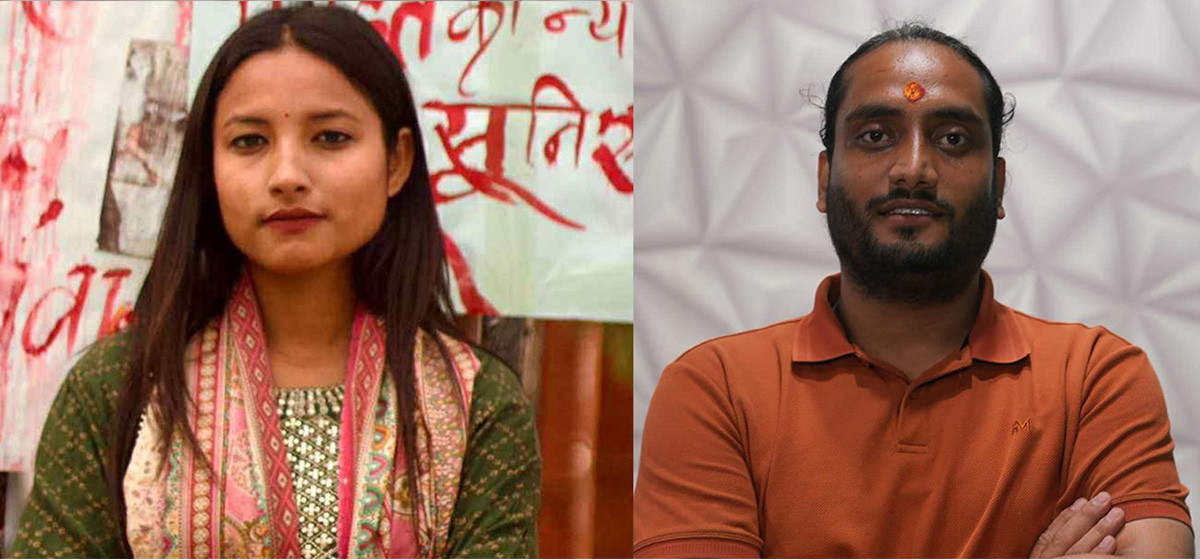KATHMANDU, Sept 18: The Gen-Z movement shook the nation, claiming 73 lives and leaving important structures in ruins. Within two days of the protest, the KP Sharma Oli-led government collapsed. The movement, organized through platforms like Facebook, WhatsApp, Discord, and Reddit, demanded good governance, an end to corruption, and the removal of social media restrictions.
On the first day, police negligently fired on protesters. By September 9, the government had fallen. The upheaval led to the resignation of Prime Minister Oli, the dissolution of the House of Representatives, and the formation of a government from outside the House.
During post-resignation talks facilitated by the Nepal Army, Gen-Z representatives emphasized the movement’s democratic mandate. “The only alternative to democracy is advanced democracy; there is no other option. Our goal was not to discard democracy, only to remove those misusing its power,” said two participants.
No one should dream of going against democracy: PM Deuba

Army Chief Ashok Raj Sigdel suggested including the Rastriya Swatantra Party (RSP) and medical entrepreneur Durga Prasai in the discussions. In response, Gen-Z leaders Dhiraj Joshi and Raksha Bam walked out, insisting that Prasai and RSP representatives had no role in the movement. “The violence was a result of state negligence, not our intentions,” they said. Though Gen-Z never intended to target institutions like Parliament, Singha Durbar, the Supreme Court, or the President’s Office, the movement turned violent under tense circumstances.
Raksha Bam explained the rationale behind demanding the dissolution of the House: “After the prime minister resigned, we paused all programs. But with another leader set to form the government from the same House, the only option was to uphold the Constitution and seek a new mandate from the people.”
Dhiraj Joshi echoed the sentiment: “Our movement was never against democracy. Those driving it were wrong; we wanted to correct, not replace, the system.” He added that initial discussions with the Army were productive, but they refused to sit with Durga Prasai, citing no connection between Prasai and the movement.
Both Joshi and Bam stressed that the army’s role should be purely facilitative. “We wanted to meet the President directly,” Bam said. They emphasized that Gen Z remains committed to peace, justice, freedom of expression, and education. “We questioned the previous generation on how public funds were being used, not the system itself,” Bam added.
The movement also faced attempts by royalist supporters to sway its agenda. During the Army-facilitated talks, when Prasai joined, some Gen-Z leaders left, criticizing his inclusion. Meanwhile, the army reportedly coordinated with Prasai separately, who expressed willingness to assume any leadership role while the government formation process continued.





































